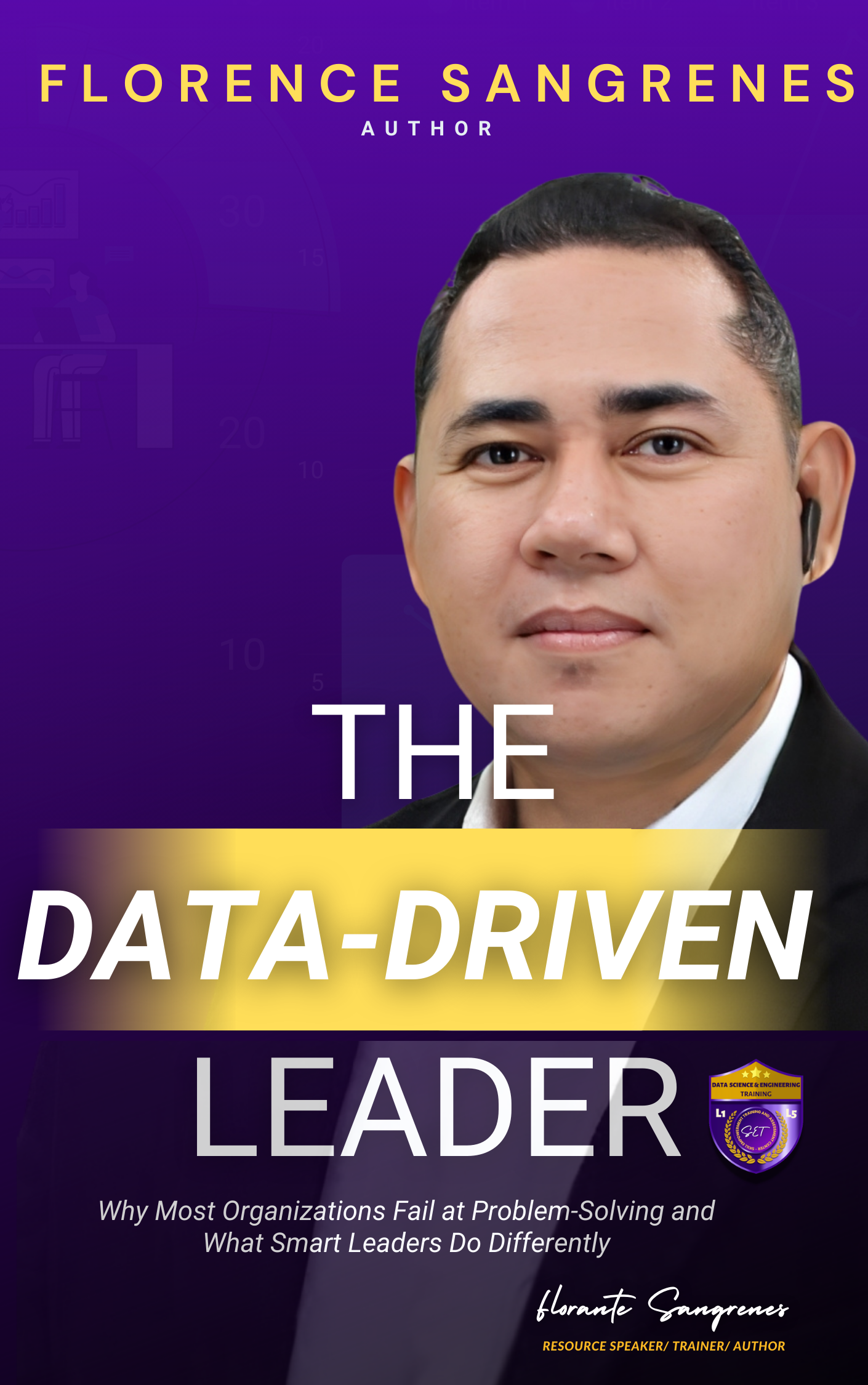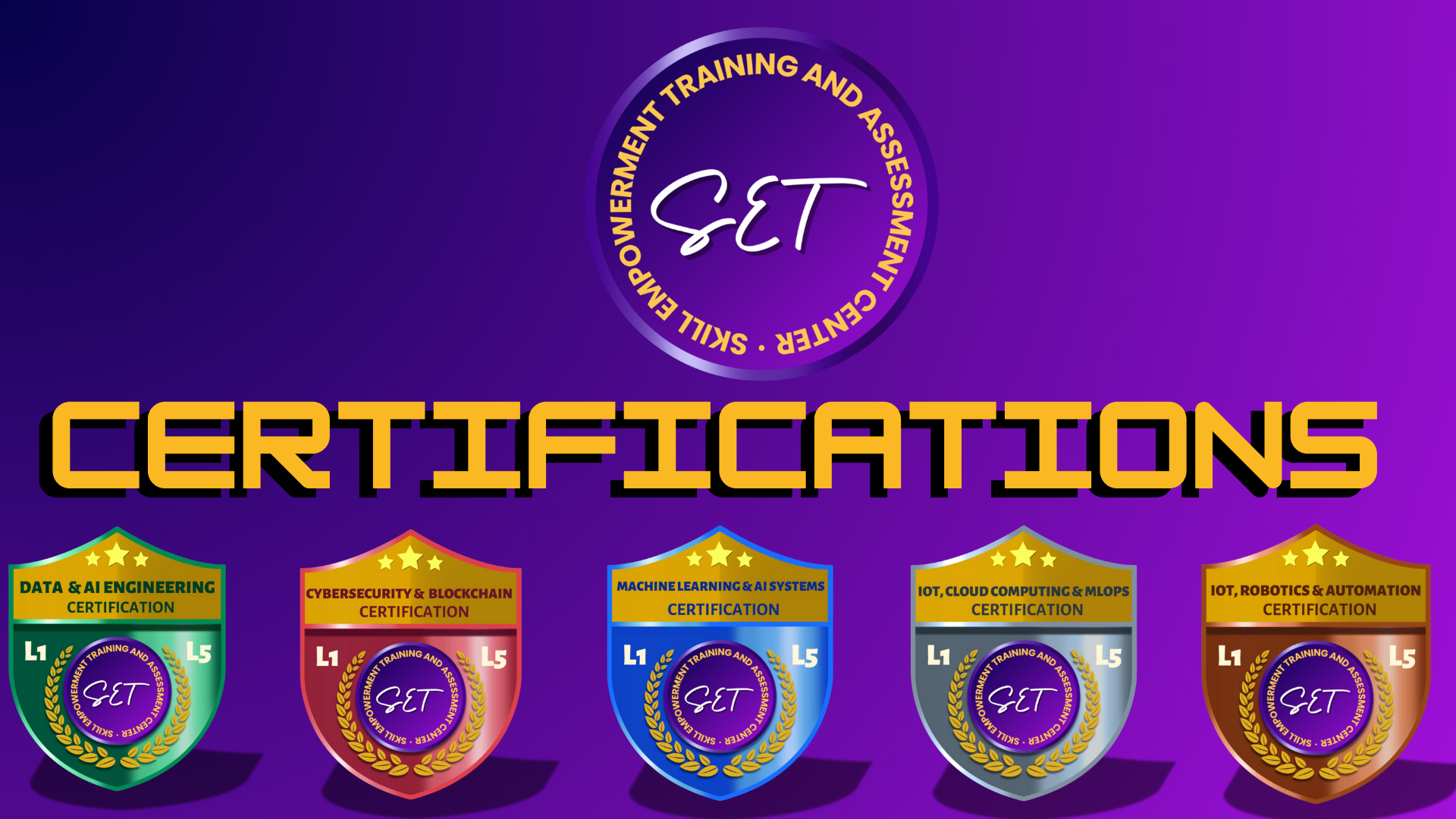Why Experience Alone No Longer Guarantees Leadership Success
Thu, 25 Sep 2025

Follow the stories of academics and their research expeditions

The convergence of Trump's deregulatory AI agenda, record-breaking industry lobbying, and explosive job demand isn't just reshaping American tech policy—it's creating an unprecedented opportunity window for skilled professionals in developing economies like the Philippines. But this window has a limited lifespan, and understanding the deeper implications requires looking beyond surface-level skill development to the fundamental restructuring of global tech competitiveness.
The Hidden Story Behind the Lobbying Numbers
While much attention focuses on the $36 million in tech lobbying spending, the real story lies in the strategic distribution of that investment. Meta's $13.8 million wasn't just about regulatory influence—it was about positioning for the next phase of AI infrastructure development. Nvidia's 388% spending increase signals their recognition that the semiconductor export restrictions and data center regulations will determine who controls the AI supply chain for the next decade.
This lobbying pattern reveals something critical: tech giants are betting that the regulatory environment established in the next 18-24 months will determine competitive positioning for years to come. For professionals in countries like the Philippines, this creates a unique arbitrage opportunity—access to global opportunities while these competitive structures are still being established.
The Infrastructure Investment Multiplier Effect
Nvidia's promised $500 billion investment over four years isn't just about American competitiveness—it's about creating a global AI infrastructure ecosystem that will require distributed talent. When you combine this with Trump's executive order expediting data center permitting, you're looking at a massive scaling of compute infrastructure that will need to be managed, secured, and optimized globally.
Here's what this means practically: every new data center represents dozens of high-skilled remote positions in areas like MLOps, cybersecurity, and system architecture. The Philippine advantage—English proficiency, cultural adaptability, and cost efficiency—becomes exponentially more valuable when applied to infrastructure that's being built at unprecedented scale.
The Technical Domains Where Opportunity Concentrates
The executive orders reveal specific technical priorities that translate directly to career opportunities:
The Timing Arbitrage: Why Now Matters More Than You Think
The 60% of companies expecting AI transformation within two years creates a specific type of market inefficiency. Companies need solutions now, but the regulatory environment is still being established. This gap between immediate need and regulatory uncertainty creates premium opportunities for professionals who can navigate both technical and compliance requirements.
Consider the implications: a Philippine-based professional with SET L4 or L5 certifications in cybersecurity and AI systems can position themselves as experts in building compliant AI infrastructure for US companies, potentially earning international rates while the regulatory framework is still evolving.
The Sectoral Cascade Effect
Trump's AI plan isn't just about tech companies—it's about enabling AI adoption across all sectors of the economy. The deregulatory approach will accelerate AI integration in:
Each sector requires professionals who understand both AI capabilities and industry-specific requirements. The professional who can bridge technical AI skills with sectoral knowledge becomes invaluable.
The Skills Stack Revolution: Beyond Individual Competencies
The policy environment rewards integrated skill sets rather than single competencies. The most valuable professionals will combine:
SET's multi-domain approach aligns perfectly with this reality. Rather than producing specialists in narrow areas, the program develops professionals who can work across the full AI implementation stack.
The Remote Work Geopolitical Advantage
The combination of deregulatory AI policy and established remote work practices creates a unique dynamic for Philippine professionals. US companies, emboldened by reduced regulatory constraints, will scale AI initiatives rapidly. But they'll need talent faster than domestic markets can supply.
Philippine professionals with demonstrated AI competencies become not just cost-effective hires, but strategic assets who can contribute to rapid scaling while companies navigate the new regulatory landscape.
The Certification Arbitrage: Why Traditional Credentials Miss the Mark
Universities typically take 2-4 years to update curricula in response to policy changes. By the time traditional computer science programs incorporate lessons from Trump's AI deregulation, the first-mover advantages will be gone.
Certification programs like SET can adapt in months, not years. This agility becomes crucial when policy changes create new technical requirements and compliance needs that didn't exist when current degree programs were designed.
Strategic Positioning for the Next Phase
The professionals who will thrive aren't just those with current AI skills, but those who understand how policy, technology, and global economics intersect. This requires thinking several moves ahead:
Positioning yourself for Phase 2 and 3 opportunities while others focus only on Phase 1 deployment creates sustainable competitive advantage.
The Implementation Reality Check
Despite the optimistic policy environment, most organizations aren't prepared for AI transformation. Box's research showing that many companies "aren't even close to putting AI at the forefront of their business strategies" reveals the implementation gap.
This gap represents opportunity for professionals who can bridge strategy and execution. The combination of technical skills and business understanding becomes the differentiator that commands premium compensation.
The Global South Advantage Window
Developing economies like the Philippines have a unique opportunity window while global AI governance frameworks are still being established. The professionals who build expertise now, while the rules are still being written, will have first-mover advantages when those frameworks mature.
But this window won't remain open indefinitely. As AI governance stabilizes and domestic talent pools in developed countries catch up to demand, the arbitrage opportunities will diminish.
Taking Strategic Action
The convergence of policy changes, infrastructure investment, and market demand creates a specific type of opportunity that occurs perhaps once in a generation. The question isn't whether to develop AI skills—it's whether to position strategically for the opportunities this convergence creates.
For Philippine professionals, the path forward involves:
The professionals who recognize this moment for what it is—a fundamental restructuring of global tech competitiveness—and position accordingly will find themselves with opportunities that extend far beyond traditional career trajectories.
The geopolitical winds are shifting, the investment dollars are flowing, and the demand is exploding. The question is: will you be positioned to catch this wave, or will you watch it pass from the sidelines?
The window is open, but it won't stay that way forever.
Thu, 25 Sep 2025

Leave a comment